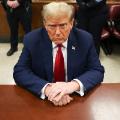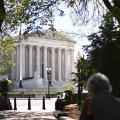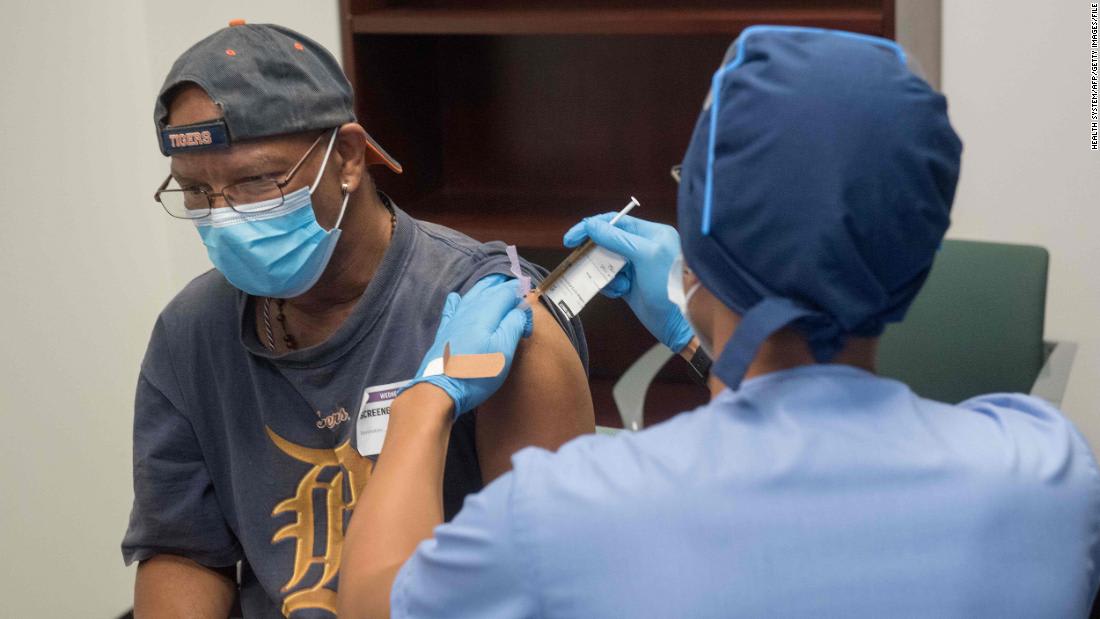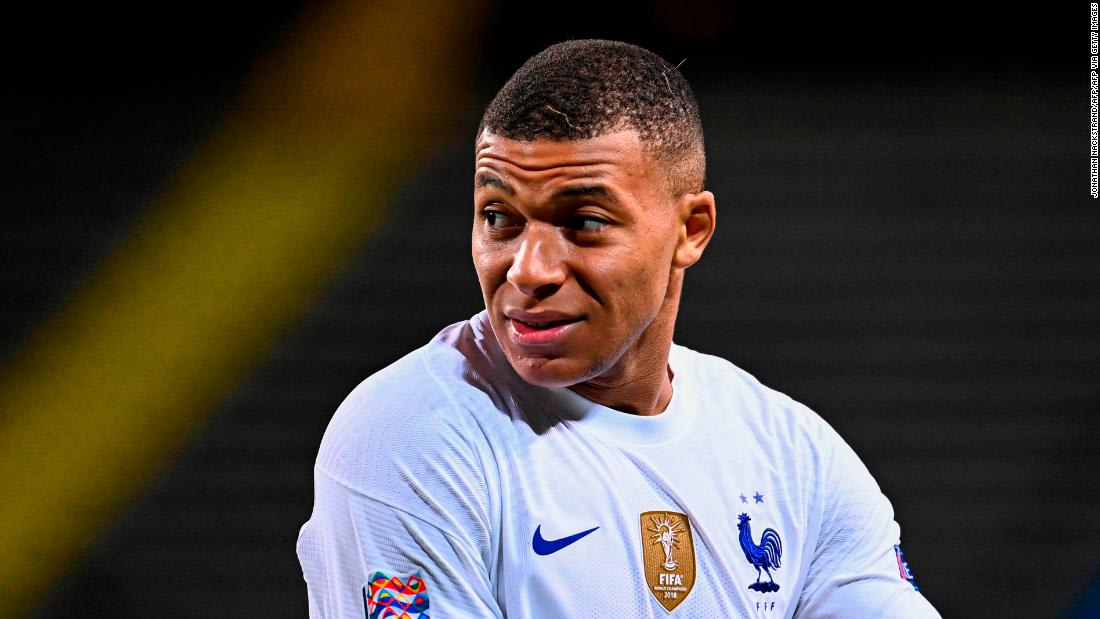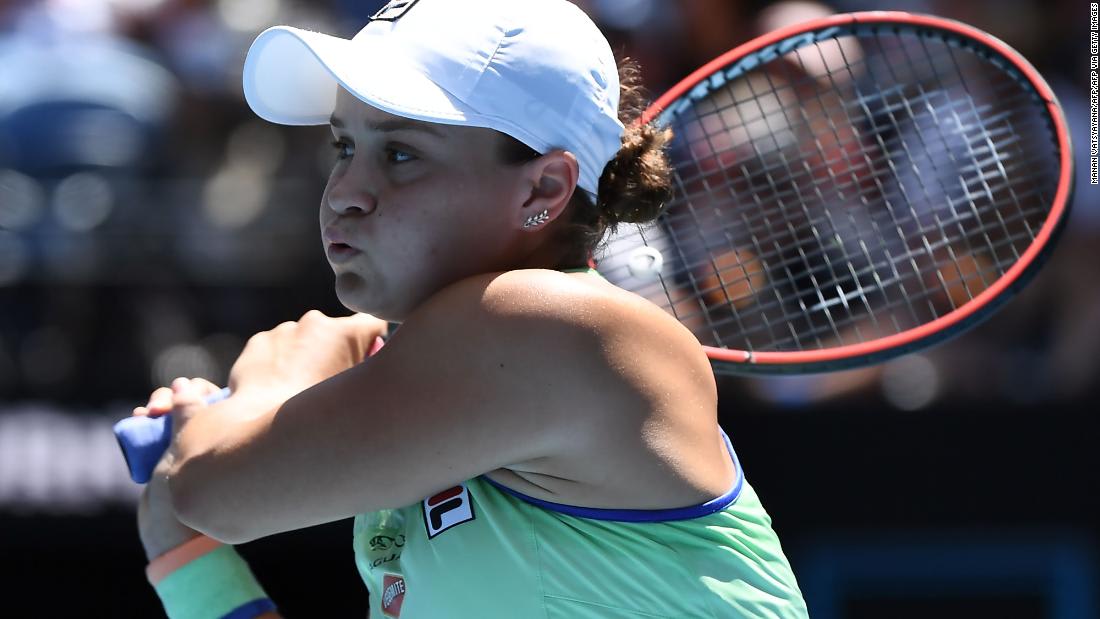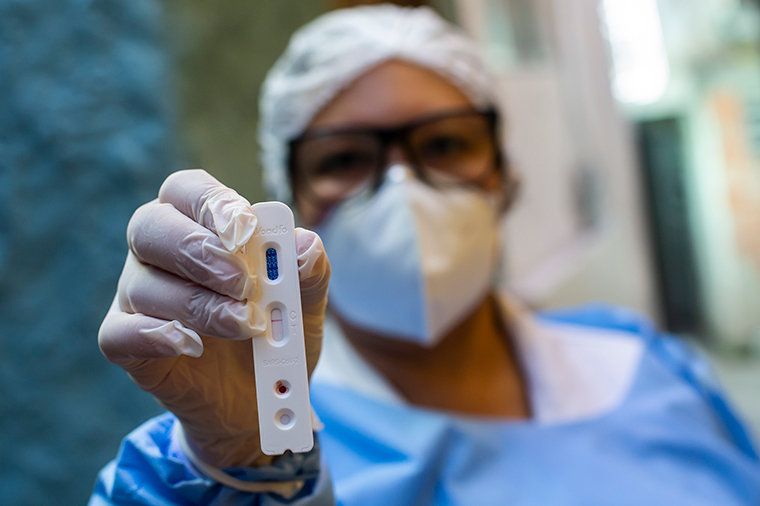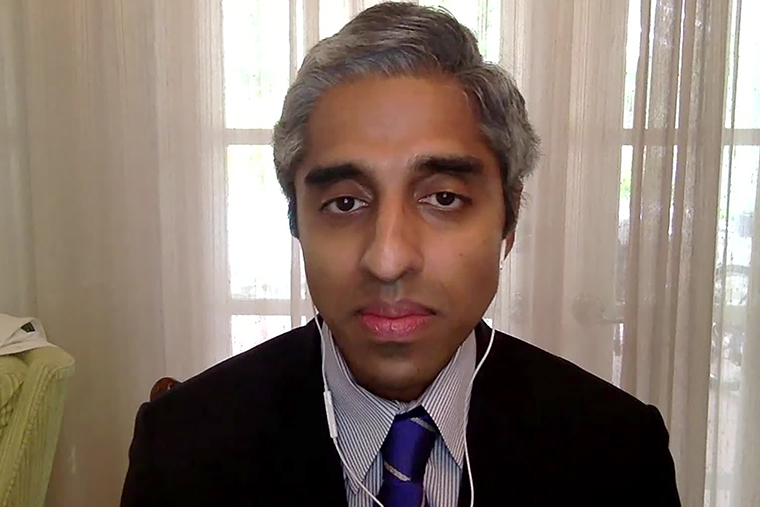Another federal official is making it clear that despite US President Donald Trump's predictions, there's hardly any chance a vaccine will be available to Americans by Election Day.
"I don't know any scientist involved in this effort who thinks we will be getting shots into arms any time before Election Day," said the official, who is familiar with Operation Warp Speed, the federal government's effort to develop coronavirus vaccines.
Trump, however, has projected optimism for a quicker timeline.
"(It's) going to be done in a very short period of time -- could even have it during the month of October," the President said at a press briefing Monday. "We'll have the vaccine soon, maybe before a special date. You know what date I'm talking about."
On August 6, Trump said he was "optimistic" a vaccine would be ready by around November 3.
"I believe we'll have the vaccine before the end of the year, certainly, but around that date, yes. I think so," Trump said.
And at a rally last week, he said, "It will be delivered before the end of the year, in my opinion, before the end of the year, but it really might even be delivered before the end of October."
The federal official is not the first to cast skepticism on Trump's forecast.
It's "extremely unlikely, but not impossible" that a Covid-19 vaccine could be authorized for emergency use by the US Food and Drug Administration before the end of October, Moncef Slaoui, the chief adviser to Operation Warp Speed, told NPR last week.
Dr. Larry Corey, who's leading a group set up by the National Institutes of Health to work on coronavirus vaccines, also said he doesn't think there will be a vaccine available by Election Day.
"I would agree with Dr. Slaoui. The chances are very low, very remote," said Corey, who leads the COVID-19 Prevention Network.
Read why the US likely won't have a vaccine by Election Day:
